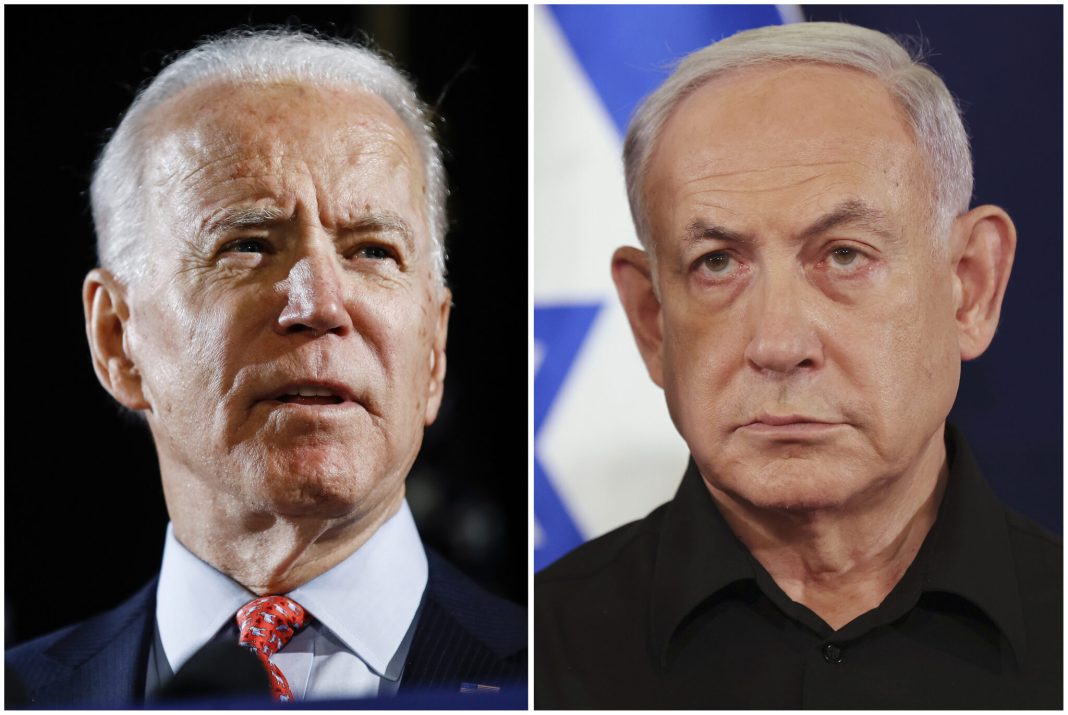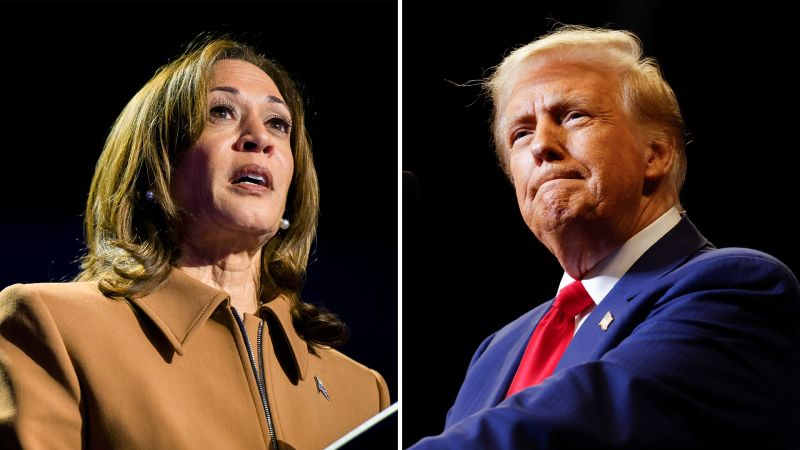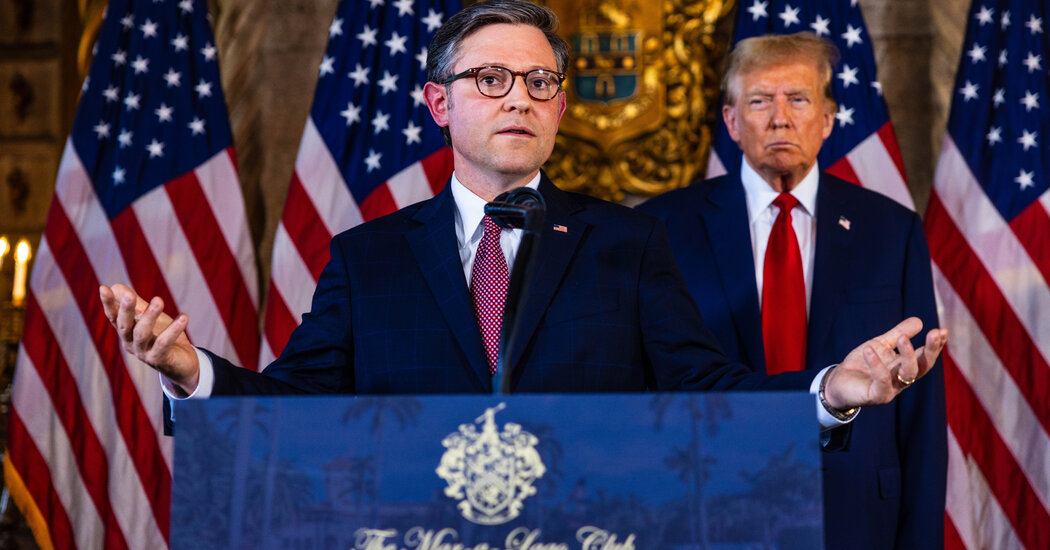Americans Divided on Israel’s Role in Middle East Conflict, AP-NORC Poll Reveals
A recent AP-NORC poll has unveiled a significant divide among American voters regarding Israel’s role in the ongoing Middle East conflict, highlighting stark differences in opinion between Democrats and Republicans. As tensions escalate in the region, many Americans express concern about the potential for a broader war, yet there is a notable reluctance to support direct U.S. military involvement. While a majority favor sanctions against Iran, the appetite for deploying U.S. troops remains low.
Concerns About Regional Escalation
The poll indicates that roughly half of U.S. voters are worried that the current hostilities could spiral into a wider regional conflict. This anxiety transcends party lines, reflecting a shared apprehension about the implications of the ongoing violence. However, only about 40% of those surveyed are concerned that the United States might become directly involved in the conflict, suggesting a nuanced perspective on U.S. engagement.
Conducted just before an Israeli military strike on Iranian bases, the timing of the poll may influence public sentiment as the situation evolves.
Partisan Perspectives on Responsibility
When it comes to assigning blame for the escalation, the poll reveals a clear partisan divide. While most voters attribute the conflict’s intensification to groups like Hamas, Hezbollah, and Iran, opinions on Israel’s role vary significantly. Approximately 60% of Democrats believe that the Israeli government shares substantial responsibility for the current tensions, a sentiment echoed by a similar percentage who hold Hamas accountable. In contrast, only about 25% of Republicans share this view, indicating a stark contrast in how each party perceives Israel’s actions.
Despite these differences, both parties largely agree on the culpability of Iran and Hezbollah, with around 60% of voters from each side identifying these groups as key players in the conflict.
Preference for Sanctions Over Military Aid
The poll also highlights a clear preference among voters for economic sanctions rather than military intervention. Over half of those surveyed—55%—support imposing sanctions on Iran to disrupt financial support for Hezbollah and Hamas. This inclination towards indirect measures reflects a broader desire to avoid direct military involvement.
When it comes to military aid, opinions are mixed. While some voters support providing weapons to Israel, a majority oppose sending U.S. government funds for direct military assistance. Notably, around 50% of respondents are against deploying U.S. troops to support Israel, with only 20% in favor, indicating a strong preference for diplomatic solutions over military action.
Views on U.S. Cease-Fire Efforts
The poll sheds light on how Americans perceive the U.S. role in negotiating a cease-fire. Approximately half of those surveyed believe that the U.S. is doing "about as much as it can" to facilitate peace talks between Israel, Hamas, and Hezbollah. Meanwhile, 30% feel that the U.S. could be doing more, while 20% think it should be doing less.
Republicans are more inclined to advocate for reduced U.S. involvement in cease-fire negotiations, with 30% suggesting the U.S. should do less, compared to only 10% of Democrats. Conversely, around 60% of Democrats believe the U.S. is adequately engaged in promoting peace, while 40% of Republicans share this sentiment.
A Pivotal Issue in the 2024 Election
As the 2024 presidential race heats up, the Middle East conflict has emerged as a critical issue for candidates seeking to connect with Jewish and Muslim voters in key battleground states. Both former President Donald Trump and Vice President Kamala Harris are intensifying their foreign policy messaging, recognizing the importance of these issues in states like Pennsylvania and Michigan.
The AP-NORC poll captures a snapshot of American sentiment on this complex issue, revealing a preference for sanctions and diplomatic measures over military involvement. As the conflict continues to unfold and the U.S. election approaches, public opinions may shift, influenced by both the trajectory of the Middle East situation and the narratives presented by U.S. leaders.
In a time of heightened tensions and divided opinions, the American public’s stance on foreign policy remains as intricate as ever, reflecting a desire for peace while grappling with the realities of international conflict.



